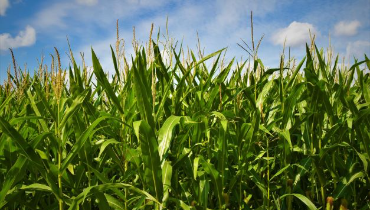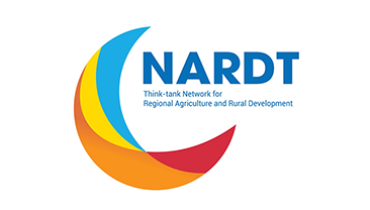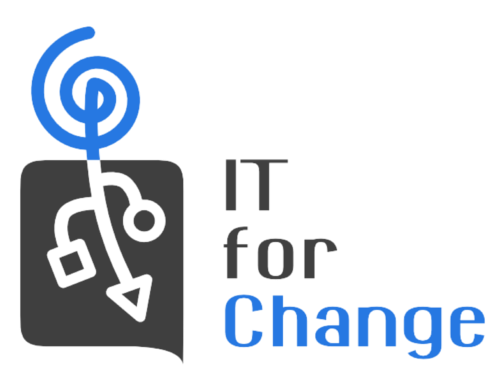Digital Economic Integration of MSMEs in the Global South

IT for Change, Institute of Development Studies (IDS) and country partners are preparing a project on “Digital Economic Integration of MSMEs in the Global South”, focusing on micro, small and medium enterprises (MSMEs). Due to the Covid-19 pandemic, MSMEs of low-income populations have faced abrupt economic downturn in which the global consensus evaluates that their recovery is vital for a nation’s economic development. Thus, to guide this process, it is examined that digitalization is a factor which can be strategically used by MSMEs for access to markets, connectivity, infrastructure and skills. Moreover, with the government incorporating digitalization into policies, laws and regulations, it is important to withhold inclusive consideration of all business components and competencies such as digitalized value chains or marketplace. The project’s research methodology will be an in-depth qualitative exploration of approximately 200 MSMEs across four countries (Argentina, Cambodia, India and Kenya) conducted with various actors in the MSME ecosystem. Thus, this project seeks to understand how MSMEs participate within the economy that rapidly shifts around digital integration for the performance of day-to-day usage and transactions in order to construct strategies fulfilling any gaps of, but not limited to, unemployment, financial instability, barrier of access and recovery.
Project Objective
The study aims to understand the context of digitalization and digital integration in MSMEs in the digital marketplace and global value chains, including digital trade and what kind of opportunities and challenges are present within this part of the economy. The study explores further into the regulations and laws, governance, labour structure and gender-based aspects, especially steering towards direct or indirect impact on women-led MSMEs, in order to examine the potential strategies that could enhance their capacities. The interview surveys will cover MSMEs in two sectors: (1) agro-processing sectors and (2) tourism sectors as well as relevant stakeholders at the national level in order to analyse the interlinking dynamics between policies and decision makers and characteristics of MSMEs.
Other Projects

Cambodia Gender and Inclusive Development Analysis...
This study aims to fill this gap in research by conducting a Gender and Inclusive Development Analysis (GIDA) combining qualitative and quan...

Cambodia's Agri-Food Trade: Structure, Challenges,...
From the early 1990s, Cambodia’s agricultural food trade was seen as exports of raw materials and unprocessed primary commodities to neighbo...

Network for Agriculture and Rural Development Thin...
The Network of Agriculture and Rural Development Think-tanks (NARDT) project is designed to form a consortium with flexible cooperation mech...

On-farm Food Safety in Horticulture in Cambodia: T...
Despite being an agrarian economy, Cambodia imported vegetables approximately 70 percent of the total domestic consumption because the com...





